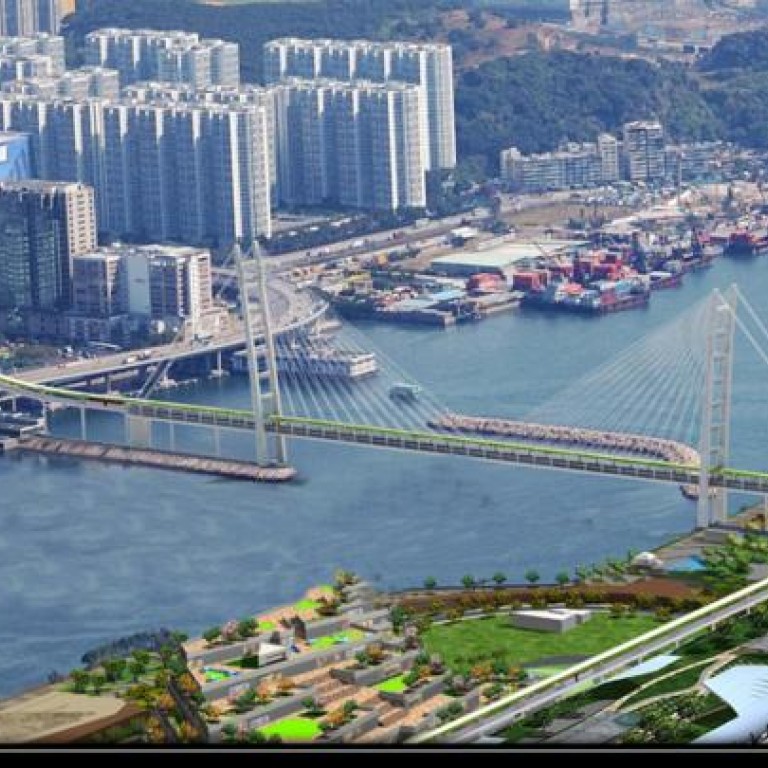
The Philippines is dangerous … because HKers say so
So, 80 per cent of people surveyed by Democratic Party lawmaker Frederick Li Wah-ming think the government's black travel alert for the Philippines should remain. Fung says this reflects Hongkongers' disenchantment with the Philippine government's response to the hostage incident two years ago when a number of Hong Kong tourists were killed.
This is very likely true. But it ignores the point that the travel alert system is supposed to be an assessment of the risks of travelling to a country. It's not supposed to be a reflection of what Hong Kong thinks about a country.
The government, or rather the previous government, has only itself to blame for this situation. In its search to appease local anger at the hijacking, it made the mistake of using the travel alert system.
In so doing, as we have said before, it has undermined the system. Anyone with half a brain can see that the Philippines is not as dangerous as Syria, which shares the black travel alert. It is irresponsible of politicians to encourage the view that popular sentiment should govern the outbound travel alert system.
The government is coming under pressure to change its plans for building a monorail to link Kai Tak and the new "CBD2" in Kowloon East. It views the monorail as an iconic environmentally friendly form of transport and a tourist attraction. But the proposal has drawn a mixed response from the Harbourfront Commission, the advisory body that oversees the development of the waterfront.
The government has proposed building a nine kilometre monorail with 12 stations at an initial cost of HK$12 billion. Annual operating and maintenance costs have been estimated at HK$23 million per kilometre at 2010 prices.
The project is criticised as being old technology, visually intrusive and noisy, and would split Kai Tak off from the waterfront. In addition, it is expensive and inflexible. It is also questionable as to whether the link could cope with the heavy demand that is expected.
In any case, the monorail will not be ready next year when the cruise ship terminal starts operations catering to ships with capacities of 2,000 to 3,000 passengers, and in some cases more. Even though the monorail would link up with existing MTR stations, it is not thought capable of moving enough people out of the area to shopping districts such as Tsim Sha Tsui.
We understand that KMB is in discussions with the government over providing an alternative, possibly using electric or hybrid buses.
A story has been brought to our attention that Samsung paid the US$1 billion it was ordered to pay to Apple in the recent patent lawsuit by sending more than 30 trucks to Apple's headquarters loaded with 5-cent coins.
This story went, as they say, "viral" and it took newspaper to pour cold water on it by pointing out that the judge hasn't delivered his ruling yet and Samsung could end up paying more the US$1 billion. Others pointed out that it would require 2,755 18-wheeler trucks to deliver that many coins.
The distressing part is that a story like this attracts attention regardless of whether it is true. The other day Twitter was in turmoil over a lion that was said to be roaming around Essex in England. It prompted the joke "had he no pride". This story turned out to be untrue. So we have another example of a tremendous fuss over nothing.
Clearly the internet is a wonderful thing but this nonsense on Twitter and Facebook with people plaguing us with worthless stories and brooding online whether they should order a cappuccino or a latte, or telling us they are having a "bad day", is absurd. Why is it that just merely "connecting" attracting "followers", "likes" and "dislikes" is apparently valued more than what is actually being communicated? Our thinking is rather old fashioned but so be it.
More cheerful news. reports that investment banking staff at some of the largest banks have fallen by 10,000 over the past 12 months, as they look for ways to mitigate the effects of increased costs and declining revenues. In an analysis of seven big investment banks that have published their second-quarter results, global headcount fell from 166,864 in June last year to 157,659 in June this year, a drop of 5.5 per cent.

